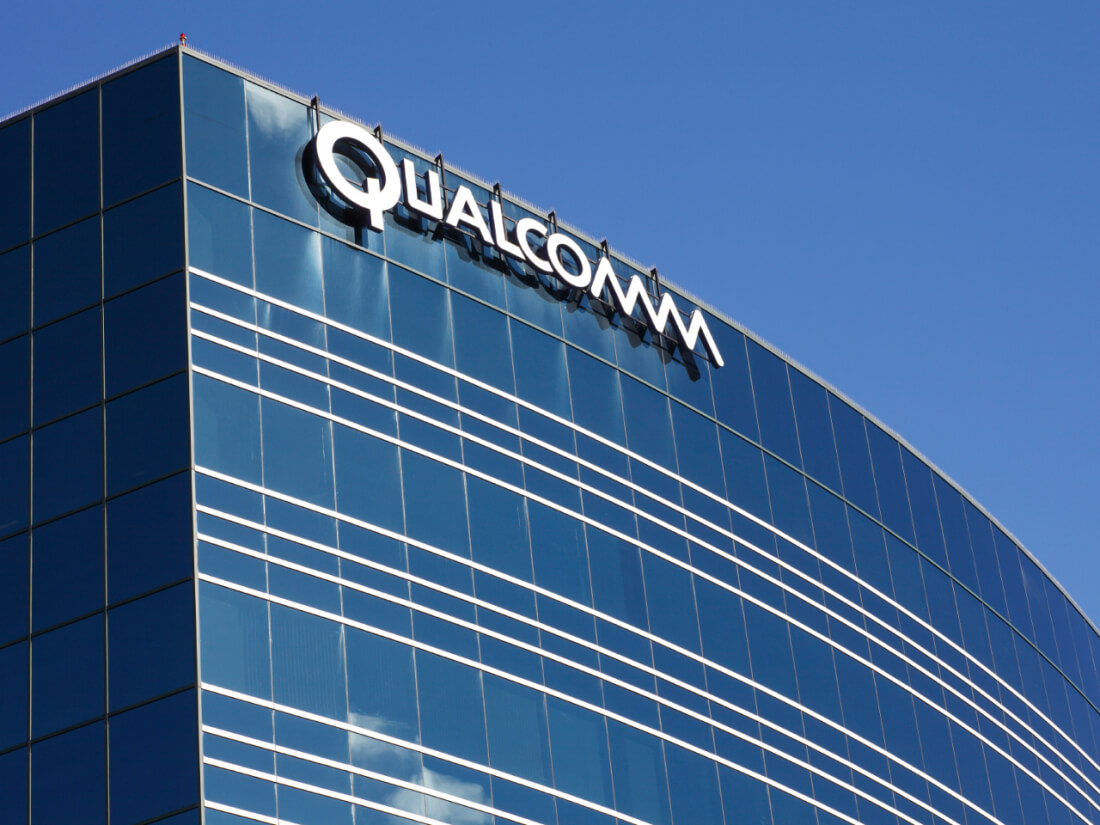The Federal Trade Commission (FTC) has formally charged Qualcomm with multiple antitrust violations that it says allowed the chipmaker to maintain a monopoly over the modem chip business.
In the filing, the FTC alleges that Qualcomm has used its dominant position as a supplier to impose "onerous and anti competitive" supply and licensing terms on mobile phone makers, a move that they say stifled the competition.
For example, the FTC says that Qualcomm recognized that any competitor that won Apple's business would become stronger and pose a threat. To prevent that from happening, the FTC claims Qualcomm offered Apple substantial rebates on licensing fees in exchange for being its exclusive supplier of modem chips from 2011 to 2016.

Apple spokesperson Josh Rosenstock declined to comment on the matter when questioned by Bloomberg.
The Commission also alleges that, despite Qualcomm's commitment to license standard-essential patents on FRAND (Fair, Reasonable and Non-Discriminatory) terms, the chipmaker consistently refused to license necessary patents to competing modem chip suppliers.
Furthermore, the Commission claims Qualcomm maintains a "no license, no chips" policy in which it forces cell phone makers to pay elevated royalties on products that use modem chips from a competitor. The risk of losing access to Qualcomm as a supplier, the FTC says, is simply too great to bear.
Qualcomm General Counsel Don Rosenberg said in a prepared statement that it is an extremely disappointing decision to rush to file a complaint on the eve of FTC Chairwoman Edith Ramirez's departure and the transition to a new administration.
Rosenberg is referring to the fact that Donald Trump will be sworn in as the next President of the United States on January 20.
In filing the complaint, the FTC is seeking a court order to "undo and prevent" Qualcomm's "unfair" methods of competition. It also aims to have the San Diego-based semiconductor and telecom equipment provider take actions to restore competitive conditions.
Qualcomm said it looks forward to defending its business in federal court and is confident it will prevail.
